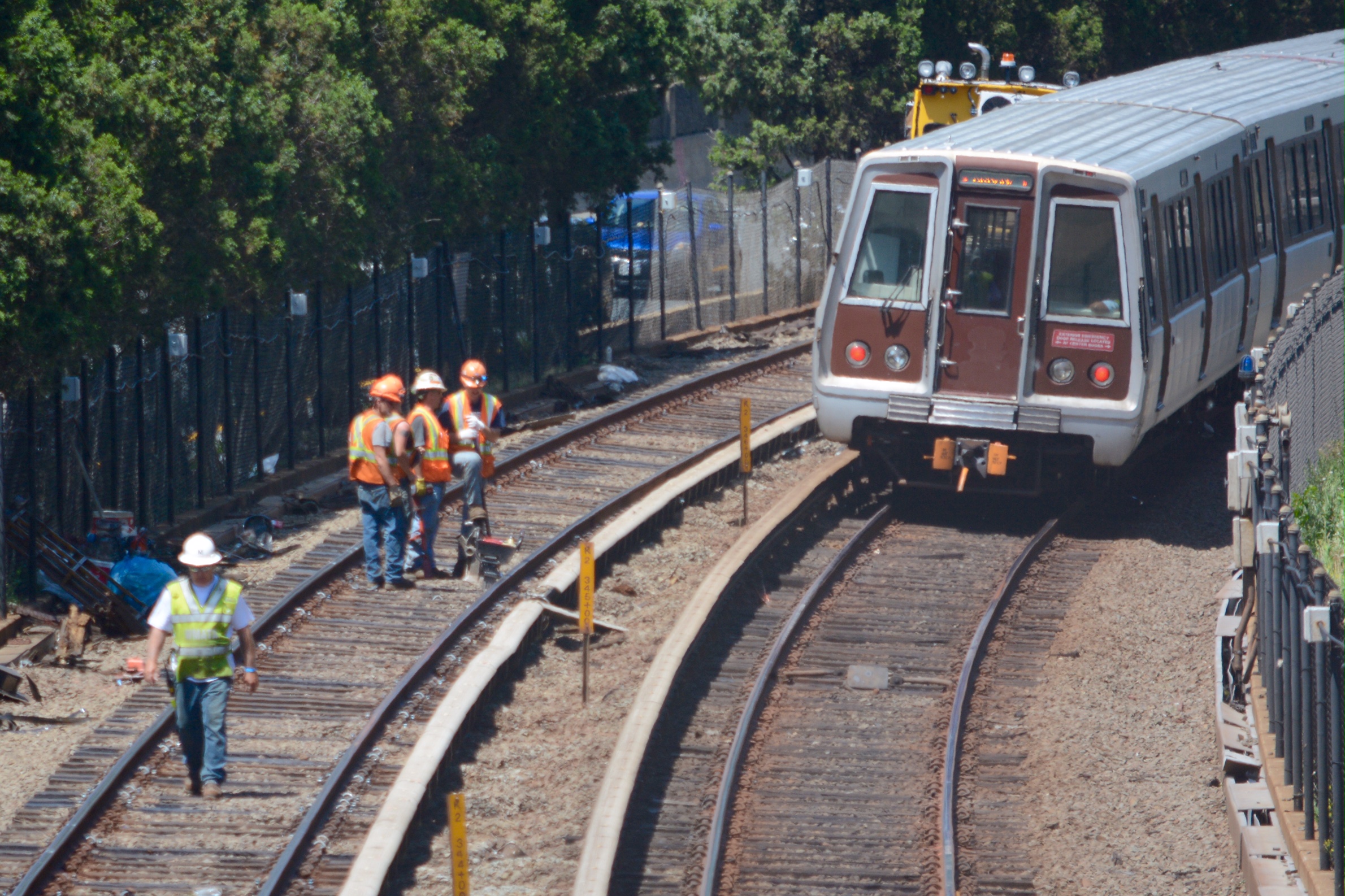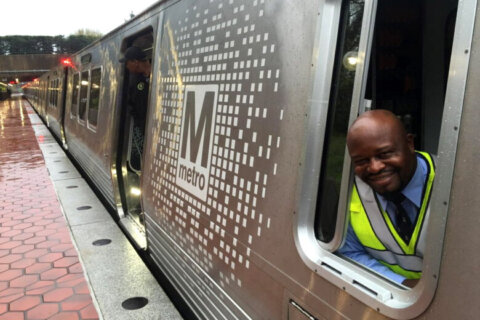WASHINGTON — Metro must regain the trust of the region, including people in more rural areas, if it is to get the time and funding needed to truly turn the system around, a panel of leaders of other large transportation systems across North America told regional and Metro leaders Monday.
“I think people don’t invest in losers,” Metropolitan Atlanta Rapid Transit Authority General Manager and CEO Keith Parker said.
He said the progress he has made in Atlanta after taking over a system where riders felt taken for granted and employees were dispirited, began by trumpeting small victories such as improvements in how often elevators and escalators were working and getting trains on time more often.
That allowed MARTA to push for increased funding, and convince voters in a suburban county to vote to join the system just a few years after they had weighed in against it.
Montgomery County Council member and Metropolitan Washington Council of Governments President Roger Berliner said he hoped to have a plan by the end of the year for a dedicated regional tax to support Metro.
The plan, supported by the Greater Washington Board of Trade, could include any combination of a sales tax, gas tax or certain property taxes near Metro stations. The board of trade and Berliner expect any vote on the plan in Maryland and Virginia’s general assemblies would not happen until at least 2018.
In the meantime, Berliner said Metro has work to do — even with its current track work program and what he and others see as a new attitude at the top with General Manager Paul Wiedefeld. Metro and Wiedefled will have to “restore people’s trust, confidence in the system, and gain credibility with our public,” he said.
The rush-hour track work is currently scheduled to last through March 2017.
Ultimately, Chicago Transit Authority President Dorval Carter said what Metro riders are facing now is the new normal for older systems across the country.
“It takes time, and it takes money,” he said.
Like the D.C.-area’s system, Chicago regularly has track work on weekends that can lead to delays for riders.
In Toronto, Toronto Transit Commission CEO Andy Byford said starting with the basics, and establishing a five-year plan for the agency made it easier to show exactly what the system would do with more money.
“There comes a point where, one, there really are no other pots of gold if you like in terms of cutting, and two, you cannot keep gouging the customer,” Byford said.
Transportation consultant Alex Barron of the Railway and Transport Strategy Centre at Imperial College London told the group of about 100 elected leaders, transportation staffers and others that Metro’s fares today actually follow what he has found to be best practices rarely seen in the United States.








